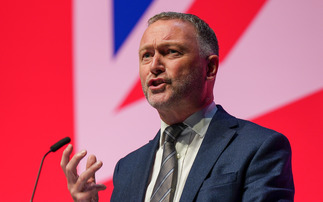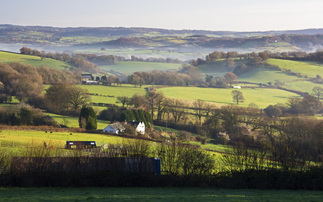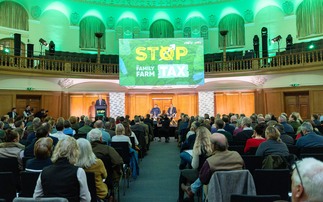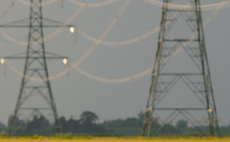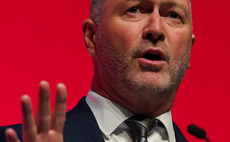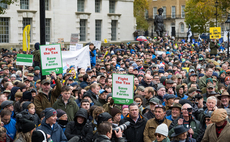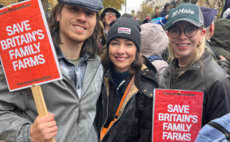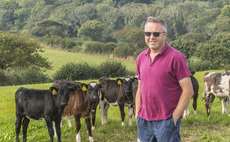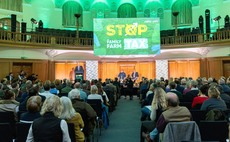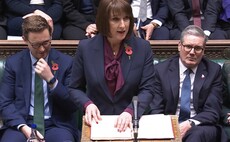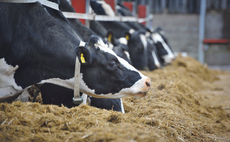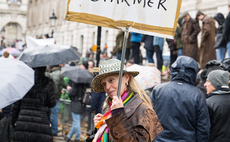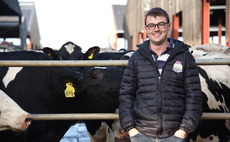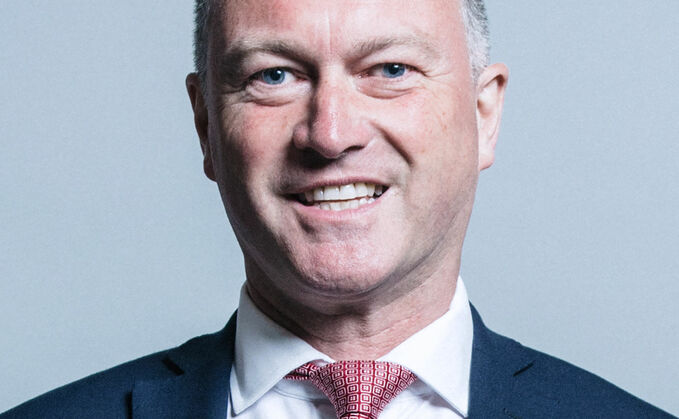
It was a year ago, Defra Secretary Steve Reed told delegates at the CLA Conference that the Labour party had no intention of changing Agricultural Property Relief. 12 months on, Mr Reed today (November 21) was forced to stand up in front of delegates and explain why he broke that promise.
LISTE NOW:
He said: "Victoria (CLA president), you asked me last year if Labour would raise APR. I said no. That was our position at the time. You deserve an explanation.
"I gave that answer because we did not know the full extent of the country's financial crisis. None of us could have. Because, as the OBR – the Independent Office for Budget Responsibility – has since told us, the previous Government covered it up.
READ NOW: Defra's new 25-year farming roadmap will 'not tell farmers what to do'
Agricultural Property Relief
"Instead of taking tough decisions to protect the economy, they said what people wanted to hear. They announced they would spend money that they knew did not exist."
He said there was ‘no way to turn our broken national finances around without plugging' the £22 billion black hole.
Treasury
"So, the new Government took tough decisions across the board on tax, welfare and spending – and yes, that included APR.
"As a result of the changes, some landowners and farms will pay more inheritance tax."
"But we want to support family farms."
Land prices
He said land prices ‘artificially inflated by non-agricultural buyers purchasing land for inheritance tax purposes' was making it hard for young farmers to set up farms of their own.
READ NOW: Defra Secretary says there is 'no risk' of empty shelves
"This is backed up by data from property consultants Strutt and Parker that shows over half of farmland sold last year went to non-farmers.
"Buying agricultural land has become the most efficient way for wealthy individuals from non-farming backgrounds to shield that wealth from inheritance tax," he said.
Farming
Mr Reed told delegates ‘this is not what APR was designed for', adding that it was ‘pricing farmers out of farming'.
"As things stand, 40% of the billion-pound value of agricultural property relief is claimed by the richest 7%.
"That is not fair, and it is not sustainable."
He acknowledged that the CLA ‘disputes' the figures used by the Treasury to back the IHT changes.
'Robust' figures
Whist he said that he has had discussions with CLA to try and ‘solve this disagreement' with the figures, he stood firm that the Treasury figures were based on ‘hard data from actual claims from the relief', and that the figures were ‘robust.'
READ NOW: Defra Secretary Steve Reed says farmers have their figures 'wrong'
"This includes the impact not only of APR, but also of BPR.
'500 estates a year'
"And it shows that only 500 estates a year will be affected.
"This figure is endorsed and verified by the Independent Office for Budget Responsibility."
He told farmers and landowners in the audience that ‘owning assets over the exemption threshold' did not necessarily mean that you have to pay inheritance tax on them.
Family farms
"That depends on other reliefs that are available – how many owners the farm has, what sort of ownership is in place and how your assets are valued when the estate is passed over as inheritance."
He said that APR was ‘not as generous before 1992, and family farms were still passed on before that date.'
"But I know farmers and landowners who have not had to think about this issue for thirty years find it worrying now they have to again.
READ NOW: Treasury must recognise impact of Inheritance Tax changes on tenant farmers
Majority 'will still pay nothing'
"The truth is, hard data – independently verified – shows that the vast majority of claimants will still pay nothing.
"The reforms will not be introduced until April 2026, so there is time for farmers and their families to plan for the changes and get professional advice about succession planning."
Public services
He said the reforms will raise money to help ‘fix the public services' that rural and farming communities ‘rely on just as much as anyone else in the country.'
"A better NHS, affordable housing, good local schools, good local roads and reliable public transport.
"It will help us fix the foundations of our broken economy that has been flatlining for years."











